Dutch Wednesday 2016
Previous Lectures
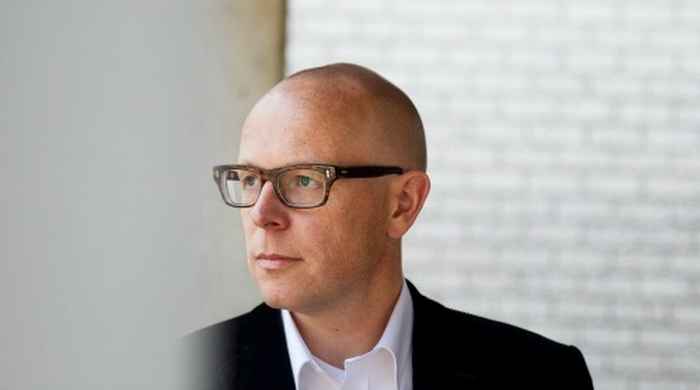
7 December: Prof. dr. Daniël Wigboldus, department of Social Sciences, Radboud University Nijmegen
How does the brain deceives us?
People are full of prejudices. In many cases this is convenient, but sometimes it is not. People who view themselves as free of prejudices can still be biased. Where does this difference between what we (want to) think and what we do come from?
Wigboldus carries out research into the influence of stereotypes and prejudices on language, on face perception, and impulsive behavior. In his academic career teaching and research innovation play a central role.
Daniël Wigboldus, Professor of Social Psychology Faculty of Social Sciences, University Education Award Winner 2008 is a member of the board of the European Association of Social Psychology (EASP).
- Lecture is in English, room for discussion
- Time and location: 19.00, NIP
- Open to the public: Free entrance

16 November: Prof. dr. Adam Cohen, medical Center, Leiden University
Drug research in Leiden, from foxglove to EPO
Around the 1980's patients were admitted to hospital for minimally 6 weeks to cure their duodenal ulcers. We were taught at the time that this was a psychiatric disease. Today we know it is an infection and treatment is generally at home by the general practitioner with drugs rather than with operations. We can expect many similar spectacular developments for diseases like rheumatoid arthritis and cancer in the near future.
Dr. Adam Cohen, Professor of Clinical Pharmacology at the University of Leiden and director of the Centre for Human Drug Research (CHDR).
- Lecture is in English, room for discussion
- Time and location: 19.00, NIP
- Open to the public: Free entrance
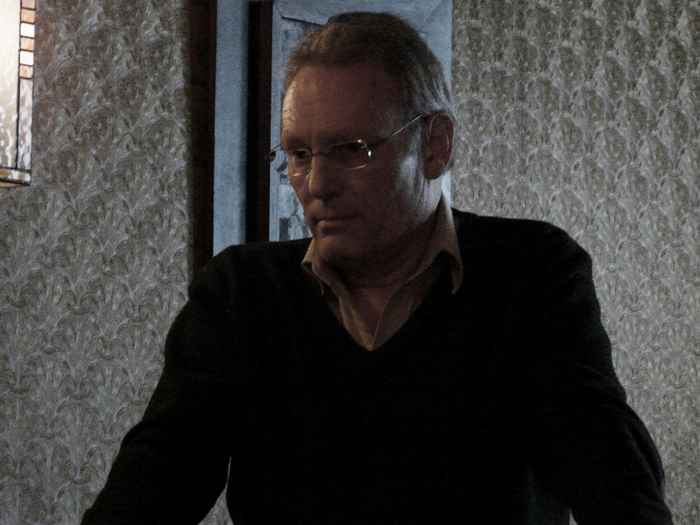
5 October: Prof. dr. Wilbert Smulders, department of Languages, Literature and Communication, Utrecht University
Modern Dutch literature and ethics
Willem Frederik Hermans established himself in post-war Dutch literature as the author of the so-called "autonomous" poetics. The literary-artistic world of Hermans stands in sharp contrast to the chaotic reality of the time, offering the reader a parallel world in which everything is ordered. What is the essence of this fictional world, and can it exist in ethical terms?
Wilbert Smulders studied Dutch language and literature. He wrote a thesis on literary deception in "The Darkroom of Damocles" (1983). He wrote essays on the work of Willem Frederik Hermans (1989). He also wrote about Bordewijk, Vestdijk and literary pop, and is currently preparing a book on Dutch literary history together with Frans Ruiter.
Dr. Wilbert Smulders is associate professor of Modern Dutch Literature at the University of Utrecht. His research is focused on modern and contemporary Dutch authors like Bordewijk, Van Schendel, Vestdijk, Hermans and Van der Heijden.
- Lecture is in English, room for discussion
- Time and location: 19.00, NIP
- Open to the public: Free entrance
21 September: Opening of the new season
The program for the evening:
- Open Dutch language lesson (Eline Helmer);
- The presentation of the NIP plans for 2016-2017 academic year (dr. Olga Ovechkina, the director of the Netherlands Institute in Saint-Petersburg);
- The presentation about higher education in the Netherlands "Study in Holland" (Jerke Verschoor, director of Nuffic NESO Russia, Moscow);
- Lecture about medieval Dutch literature (Anikó Daróczi);
- Perfomance of Dutch medieval music;
- Reception.
- The event will commence at 18:00
- Place: Netherlands Institute (Kaluzhshkiy pereulok, 3, m. "Chernyshevskaya")
- The lecture and the presentations will be held in English;
- The open language lesson will be held in Dutch and Russian
- Open to the public: Free entrance
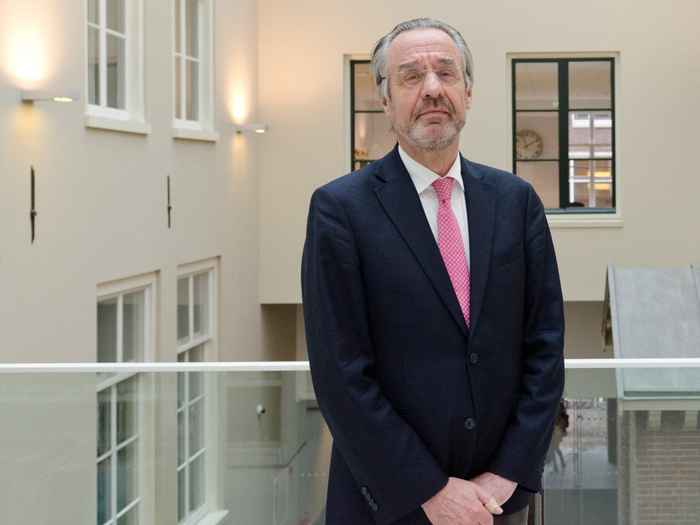
25 May: Prof. dr. Duco Hellema, department of History and Art History - History of International Relations, Utrecht University
Dutch foreign policy
The Netherlands and its role in the international political arena. What has changed over the past decade in bilateral relations and what is their perspective.
Duco Hellema, Director of the Center for International Relations at the Utrecht University.
- Lecture is in English, room for discussion
- Time and location: 19.00, NIP
- Open to the public: Free entrance
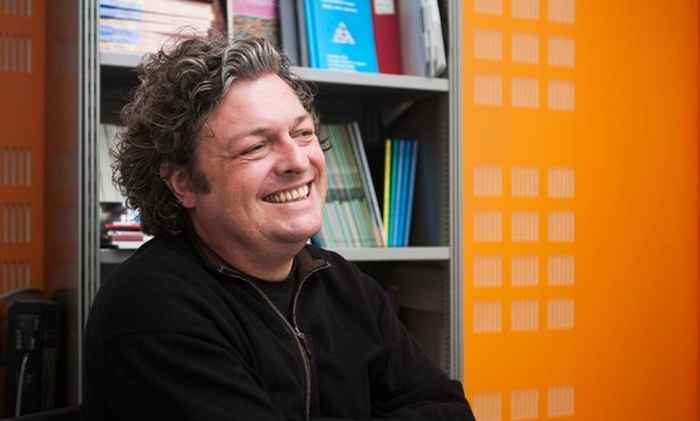
13 April: Prof. dr. Henkjan Honing, University of Amsterdam
What makes us musical animals
Musicality can be defined as a natural, spontaneously developing trait based on and constrained by biology and cognition. Music, by contrast, can be defined as a social and cultural construct based on that very musicality. One critical challenge is to delineate the constituent elements of musicality. What biological and cognitive mechanisms are essential for perceiving, appreciating and making music? Progress in understanding the evolution of music cognition depends upon adequate characterization of the constituent mechanisms of musicality and the extent to which they are present in non-human species. I will argue for the importance of identifying these mechanisms and delineating their functions and developmental course, as well as suggesting effective means of studying them in human and nonhuman animals. It is virtually impossible to underpin the evolutionary role of musicality as a whole, but a multicomponent perspective on musicality that emphasizes its constituent capacities, development and neural and cognitive specificity is an excellent starting point for a research program aimed at illuminating the origins and evolution of musical behavior as an autonomous trait.
Henkjan Honing is professor of Music Cognition at both the Faculty of Humanities and the Faculty of Science of the University of Amsterdam (UvA). He conducts his research under the auspices of the Institute for Logic, Language and Computation (ILLC) and the University of Amsterdam’s Brain and Cognition (ABC) center. He is known as a passionate researcher in this new interdisciplinary field that gives us fundamental insights in the cognitive mechanisms underlying musicality. Honing recently published a book for a general audience entitled ‘Musical Cognition: A Science of Listening’ (Transaction Publishers, 2011/13).
- Lecture is in English, room for discussion
- Time and location: 19.00, NIP
- Open to the public: Free entrance
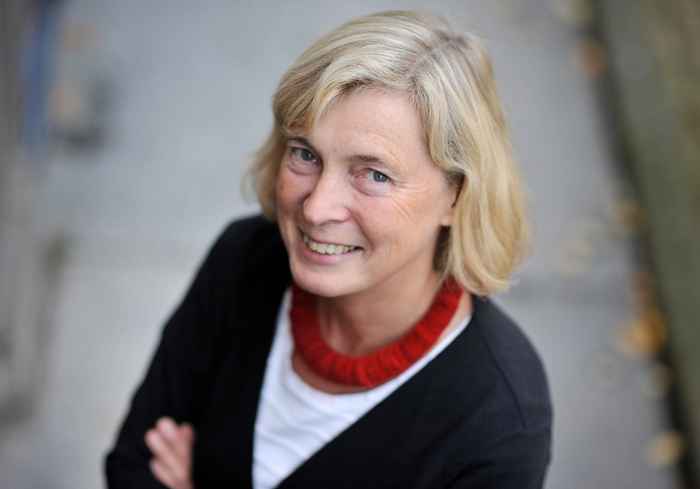
2 March: Prof. dr. Saskia de Bodt, Department of History and History of Art, University of Amsterdam, Utrecht University
Golden Butterflies. The Modernist Picturebook in the Netherlands in the First Half of the Twentieth Century
Between 1890 and c.1960 the most beautiful picturebooks appeared in the Netherlands, stylistically close to the art of the time, inspired by and fitting into art nouveau, art deco, expressionism, the International Style, De Stijl, constructivism COBRA etc. The relationship between text, picture and design in most of the books differed greatly – and definitively – from those of the nineteenth century.
In her contribution Saskia de Bodt will consider a number of modernist picturebooks and the pedagogical and artistic ideas that were the motivation of the illustrators. Various illustrators were employed in art education in Amsterdam and the Hague, particularly during the interbellum. Private artists’ initiatives, such as the collective El Pintor, were also influential in the production and spread of new ideas about design. Part of them were inspired by a big exhibition about Russian books and posters that travelled through Europe around 1930.
Saskia de Bodt teaches at Utrecht University since 1990, department of History and History of Art. Since 2008 she is a sponsored professor in the History of Illustration at the Faculty of Humanities at the University of Amsterdam. From 2009 onwards she also works as a guest professor at KASK academy in Ghent (Belgium). Her special field of attention is the history of book illustration as well as the visual arts from 1850 to 1950, with a focus on The Netherlands and Belgium. In 1995, to mark the publication of her thesis Halverwege Parijs. Willem Roelofs en de Nederlandse schilderskolonie in Brussel 1840-1890 (Halfway to Paris: Willem Roelofs and the Dutch Painting Colony in Brussels), Saskia de Bodt also curated a large exhibition on this subject. Publications followed i.a. on flower still lives, artist’s colonies in Holland and an overview of American picture books about Holland (Children of Holland). In 2014 she published De verbeelders (the imaginators) a reference work on the history of Dutch book illustration from 1890 till today (Vantilt publishers, Nijmegen).
Since 1980 Saskia de Bodt has written for the art column of the Dutch newspaper NRC Handelsblad. She has collaborated on various exhibitions in the Netherlands and abroad and has worked as a curator for the department of Applied Arts and Design at the Museum Boijmans Van Beuningen and other museums. De Bodt is a member of the Royal Flemish Academy of Belgium in Brussels. She’s also chair of the Penseeljury (the yearly award for the best Dutch illustrated book).
- Lecture is in English, room for discussion
- Time and location: 19.00, NIP
- Open to the public: Free entrance
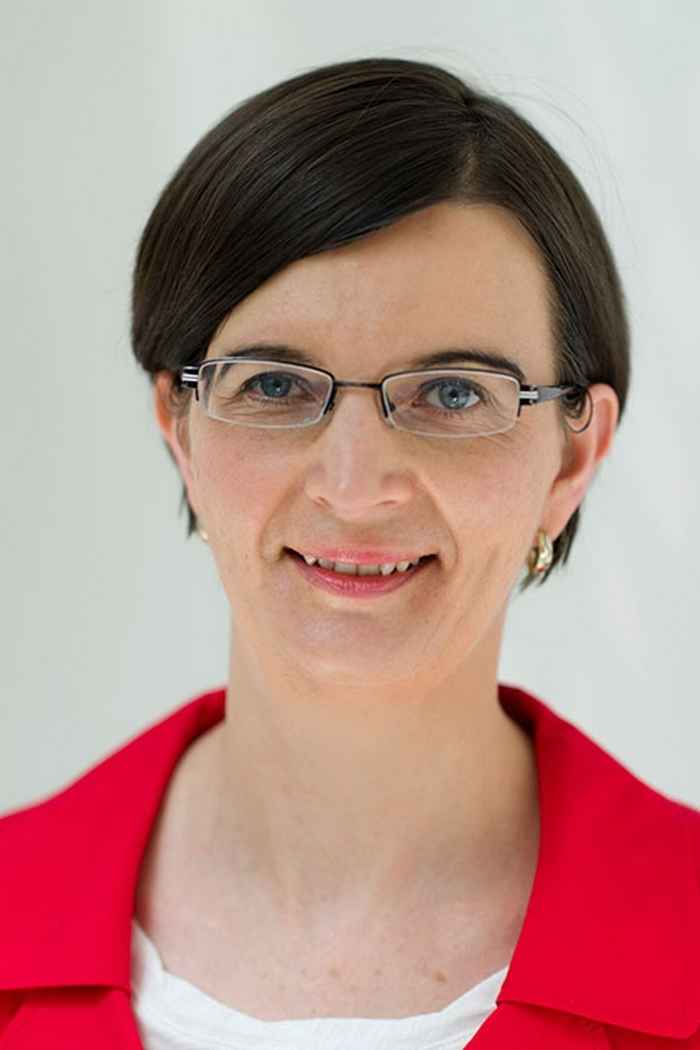
10 February: Prof. dr. M.K. Monika Baár, Modern and Contemporary History, Leiden University
Small is Beautiful: the History of Political Thought in ‘Marginal’ Cultures
According to an old saying, history is written by the winners. This is also true for the history of political thought, in the sense that this academic field typically focuses on the intellectual production in ‘leading’ or ‘dominant’ countries and assumes that the patterns observed in these contexts have universal validity. Nevertheless, in smaller cultures, which had typically endured long periods of foreign domination, political thought often displayed different trajectories. The presentation will discuss some of these peculiarities, including the role of fear in political thinking, particularly the fear of extinction. It will also address the problem of censorship and the politicization and hence the increased role of the cultural domain in the absence of a free political sphere. Ultimately, the presentation ponders the question: which are the universal attributes of political thought and which are the characteristics that differ across time and space?
Monika Baár is Associate Professor of History of Leiden University. Her research interests include the history of political thought, cultural history and the history of disability and global health. She is currently principal investigator of the ERC-funded collaborative research project Rethinking Disability: the Global Impact of the International Year of Disabled Persons (1981) in Historical Perspective. She is author of the book Historians and Nationalism: East Central Europe in the Nineteenth Century (Oxford University Press, 2010) and co-author of B. Trencsényi, M. Janowski, M. Baár, M. Falina, M. Kopeček, A History of Modern Political Thought in East Central Europe (Oxford University Press) ,Volume I. Negotiating Modernity in the ‘Long Nineteenth Century’ (2016) and Volume II. Negotiating Modernity in the ‘Short Twentieth Century’ and Beyond (forthcoming in 2017).
- Lecture is in English, room for discussion
- Time and location: 19.00, NIP
- Open to the public: Free entrance
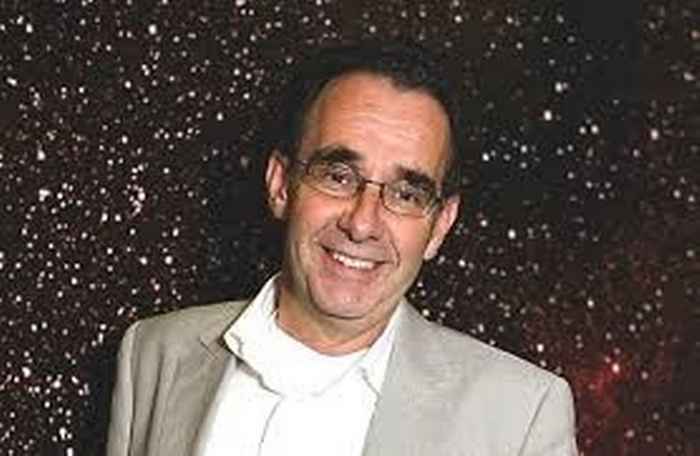
27 January: Prof. dr. Peter Barthel, Professor of Astrophysics, Groningen University
The Most Discussed Star
The Star of Bethlehem is known to almost everybody, whatever their personal faith - be it through the Nativity story told in Matthew’s Gospel or through art and material culture where the depiction of the Star has played a hugely important role for centuries. Church Fathers and scholars alike have debated the ‘when’ and ‘what’ for almost as long, resulting in very different interpretations. However, what had been missing so far was a multi-disciplinary approach.
The book «The Star of Bethlehem and the Magi» (P. Barthel & G. Van Kooten) is the fruit of the first interdisciplinary international scientific conference on Matthew’s story of the Star of Bethlehem and the Magi, held in 2014 at the University of Groningen, and attended by world-leading specialists in all relevant fields: modern astronomy, the ancient near-eastern and Greco-Roman worlds, the history of science, and religion. Its twenty chapters describe the various aspects of The Star: the history of its interpretation, ancient near-eastern astronomy and astrology and the Magi, astrology in the Greco-Roman and the Jewish worlds, and the early Christian world – at a generally accessible level. An epilogue summarizes the fact-fiction balance of the most famous star which has ever shone.
Peter Barthel (PhD 1984) is Professor of Astrophysics at the Kapteyn Institute of the University of Groningen, researching active galaxies and quasars in the near and distant universe with ground- and space-based telescopes. He has a keen interest in science communication and education, and has won prizes as well as a Royal Distinction for his original efforts in these areas.
- Lecture is in English, room for discussion
- Time and location: 19.00, NIP
- Open to the public: Free entrance